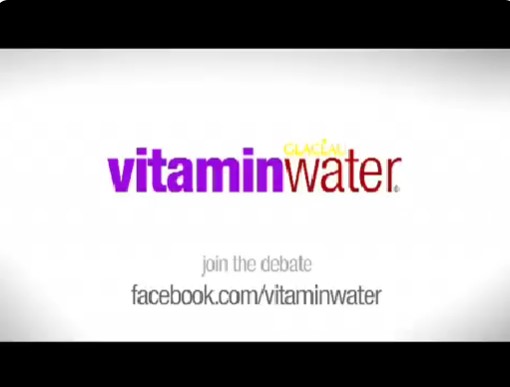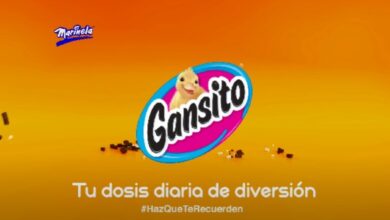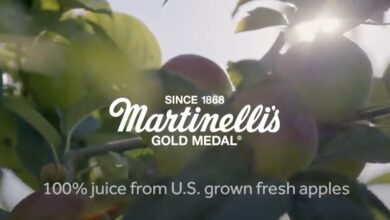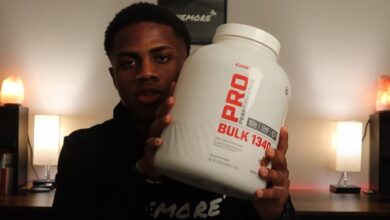Vitamin Water Nutrition Facts
Vitamin water is often marketed as a healthy beverage that combines hydration with essential vitamins and minerals. But is it truly beneficial for you? Let’s delve into the detailed nutrition facts and see what’s inside that colorful bottle.

Introduction
Have you ever wondered if vitamin water is as healthy as it claims to be? Many people turn to this beverage as a supposedly healthier alternative to sodas and other sugary drinks, attracted by the promise of added vitamins and minerals. However, the reality might be more complex. Understanding the nutritional content of vitamin water is crucial to making informed choices about what you drink. This article provides a comprehensive look at vitamin water’s ingredients, benefits, and potential drawbacks, encouraging you to read on and discover whether this popular drink truly lives up to the hype.
Nutritional Breakdown
Common Ingredients
Vitamin water typically contains:
- Vitamins: Such as vitamin C, and several B vitamins (B3, B5, B6, and B12).
- Minerals: Including potassium and magnesium.
- Electrolytes: Essential for hydration and muscle function.
- Sweeteners: Often contains cane sugar, crystalline fructose, or natural alternatives like stevia and monk fruit.
- Flavors and Colors: Derived from natural sources, such as fruit and vegetable juices.
Nutritional Content per 20 oz Bottle
Here’s an example of the nutritional content you might find in a typical 20 oz bottle of vitamin water:
- Calories: 120 (primarily from sugar)
- Total Carbohydrates: 32 grams
- Sugars: 32 grams (about 8 teaspoons)
- Vitamins: 100% of the daily value for vitamin C and several B vitamins
- Electrolytes: Small amounts of potassium and other minerals
Pros and Cons
The Good
- Vitamins and Minerals: Provides a good dose of essential vitamins, particularly vitamin C and B vitamins, which can be beneficial for energy levels and immune function.
- Hydration: Helps keep you hydrated, especially if you find plain water boring.
The Not-So-Good
- High Sugar Content: Many vitamin waters contain significant amounts of sugar, which can contribute to weight gain and other health issues.
- Artificial Sweeteners: While the zero-calorie versions avoid sugar, they often use artificial sweeteners which may have their own health implications.
- Low Electrolyte Levels: Compared to dedicated sports drinks, vitamin water typically has lower levels of electrolytes.
Health Implications
While vitamin water can be beneficial in certain situations, such as after intense physical activity, it is not a substitute for a balanced diet or plain water. The high sugar content can negate many of its potential benefits. Moreover, the vitamins in vitamin water are not always as bioavailable as those found in whole foods, meaning your body may not absorb them as effectively.
DIY Vitamin Water
For a healthier alternative, consider making your own vitamin water:
- Fill a pitcher with water.
- Add slices of your favorite fruits (lemons, berries, cucumbers).
- Toss in some herbs (mint, basil).
- Let it sit in the fridge overnight.
- Enjoy a refreshing, naturally flavored drink without the added sugars and artificial ingredients.

Frequently Asked Questions
Is vitamin water good for weight loss?
Not really. The high sugar content can actually hinder weight loss efforts.
Can vitamin water replace my multivitamin?
No, it doesn’t contain the same variety or amount of vitamins and minerals as a multivitamin.
Is it safe for kids?
It’s best to limit it due to the sugar content. Water or milk are generally better choices for children.
Does vitamin water improve energy levels?
The B vitamins might provide a slight boost, but this is not a replacement for the energy derived from a balanced diet.
Conclusion
Vitamin water can be a refreshing way to stay hydrated and get some extra vitamins, but it’s important to be mindful of the sugar content and not rely on it as a primary source of nutrients. For most people, plain water and a balanced diet remain the best options for maintaining health and hydration.
Read also: Vitamin Water Acai Blueberry Pomegranate Nutrition Facts





